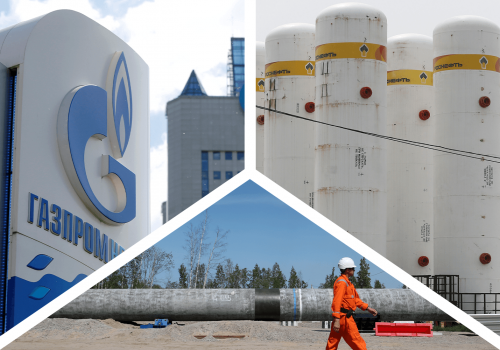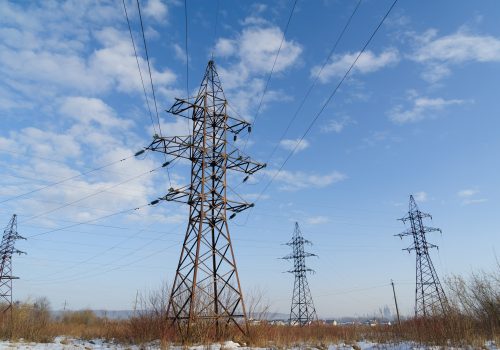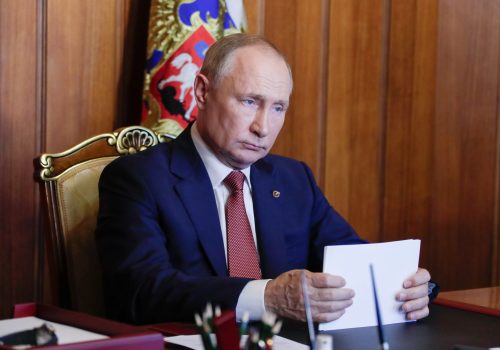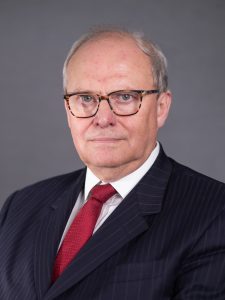Gazprom’s and Rosneft’s enormous size and outsized roles in the domestic and global economies mean the Kremlin grants them priority attention. At the height of the commodity boom, Russian President Vladimir Putin bragged about them as unstoppable global industry leaders. Now over ten years later, the picture looks quite different. Low prices and increased international competition are threatening Gazprom and Rosneft, yet there’s any scant evidence of effort to overhaul them to keep them competitive. What lies in Russia’s energy future, and what is needed to keep Russian energy competitive?
The authors of the report, Dr. Anders Åslund, Senior Fellow, Eurasia Center and Steven Fisher, an emerging markets banking and corporate governance professional, present their research on Russia’s national champions. Dr. Agnia Grigas, Senior Fellow, Eurasia Center, Atlantic Council; Edward Chow, Senior Associate, Energy Security and Climate Change Program, Center for Strategic and International Studies, join the panel and Ambassador Richard L. Morningstar, Founding Chairman, Global Energy Center, Atlantic Council, moderates.
Learn more
Subscribe for the latest on Russia
Receive updates for events, news, and publications on Russia from the Atlantic Council.
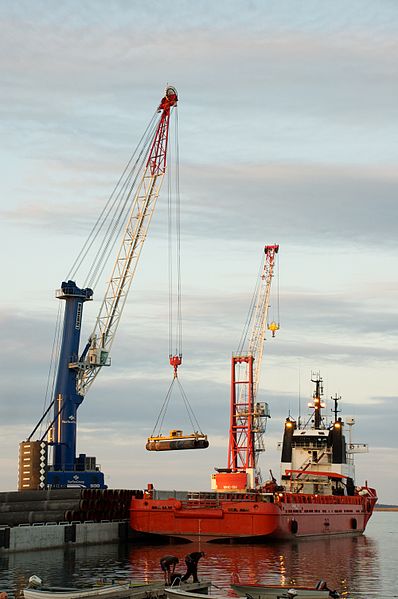
The Impact of European Gas Dependence
Nord Stream 2
Natural gas plays an important role in Europe: It is a bridging technology for the transition of the electricity system and has significant potential. But Europe is strongly dependent on natural gas imports and Russian gas dominates Europe. The under construction Nord Stream 2 pipeline, despite its promises, poses significant risks to European energy security and independence.
RELATED experts

The Eurasia Center’s mission is to promote policies that strengthen stability, democratic values, and prosperity in Eurasia, from Eastern Europe in the West to the Caucasus, Russia, and Central Asia in the East.
